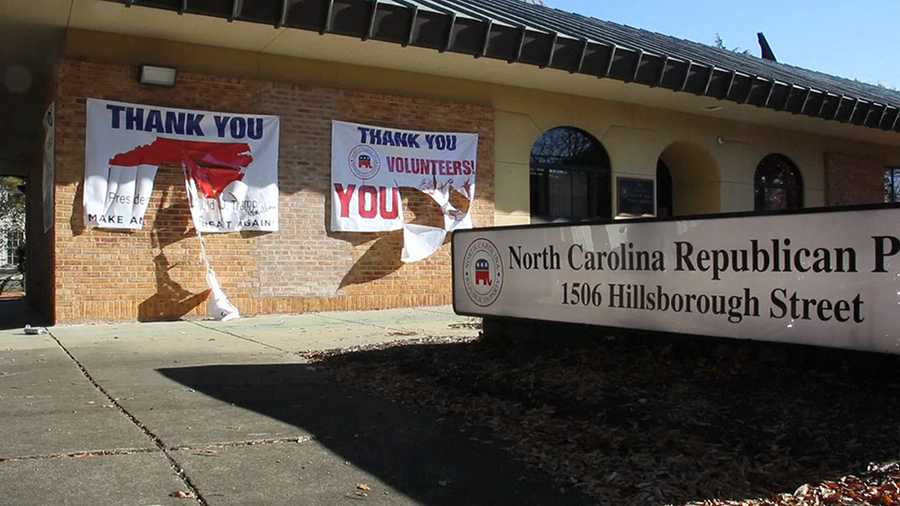Ideology split in post-Trump Republican Party
Republicans search for common vision in fallout of insurrection
September 9, 2021
On Jan. 6, 2021, the nation observed arguably one of the most distinct affronts to American democracy when a mob of people supporting then-President Donald Trump ambushed the United States Capitol in Washington, D.C. The rioters aimed to interrupt the joint session of Congress being held in the building, during which electoral votes solidifying current President Joe Biden’s victory were being counted.
Amongst all the chaos, the rioters’ goal had been to overturn a free and fair election, which their candidate impartially lost, through the use of violence and unjust force. And yet, the most disturbing aspect of this entire story is the fact that the Republican Party continues to stand behind and support the rioters, even now, eight months after the initial uprising.
Through the avenue of crowdfunding, defendants charged with engaging in the capitol riots have raised a rough total of $2 million to assist the rioters in confronting the charges. Of these funds, approximately half a million dollars have been raised by eight rioters from central Florida, with another $230,000 raised by Infowars host Owen Shroyer.
This crowdfunding has been enabled by a variety of networks, most notably the website GiveSendGo, which describes itself as the “#1 Free Christian Crowdfunding Site.” In order to provide more context regarding the affiliations of the site, journalist Talia Lavin interviewed the founders of the website this past April. She asked them if they would ever consider hosting a fundraising campaign for the Ku Klux Klan.
The founders responded by saying, “It would depend on what they were raising money for.” Furthermore, alleged murderer Kyle Rittenhouse was also able to raise about $600,000 through the website for living expenses and legal fees.
There are various avenues through which these rioters receive support, excluding monetary donations. In May of this year, 34 Republican senators, including Senator John Thune, enlisted the filibuster in order to obstruct the creation of an objective commission to investigate the Jan. 6 riot, effectively shielding many of the perpetrators of this furor. Republican House Representative Marjorie Taylor Greene voiced a similar disdain for the formation of the commission, calling it a democratic attempt to “smear Trump supporters.”
Furthermore, 45% of Republicans said they supported the Capitol Rioters in a survey conducted by YouGov. Worse yet, former President Donald Trump, who was ultimately impeached for the incitement of this very riot, has continued to advocate for the rioters despite initially condemning them earlier this year. In an interview in July, Trump said, “They were peaceful people. These were great people.”
Moreover, Trump continued to slam the 35 Republican House Representatives that supported an investigation into the events of Jan. 6, referring to them as “wayward” and “ineffective and weak.”
This sentiment is indicative of a unique thread of irony that permeates the rhetoric of Republican leaders; and, it’s one that has been perpetuated by former President Trump himself. On May 31, 2021, he commented on the riots spurred by the unprovoked murder of George Floyd, saying, “Our nation has been gripped by professional anarchists, violent mobs, arsonists, looters, criminals, rioters, Antifa, and others. This includes Antifa and others who are leading instigators of this violence.”
Trump’s distinct contempt for violent mobs seems to reveal itself only when he perceives the mob to be politically aligned with the left, a rationale that many Republicans share. This is the same problematic logic that causes those aligned with the right-wing to label people like George Floyd as “criminals” and people like Ashli Babbitt as “martyrs.”
This brand of hypocrisy becomes particularly problematic in circumstances like these when it seeks to protect a fascist movement and perpetrators of anti-democratic sentiments. Ultimately, the Republican Party needs to decide what they stand for instead of blindly supporting a leader who cannot commit to a singular narrative.























